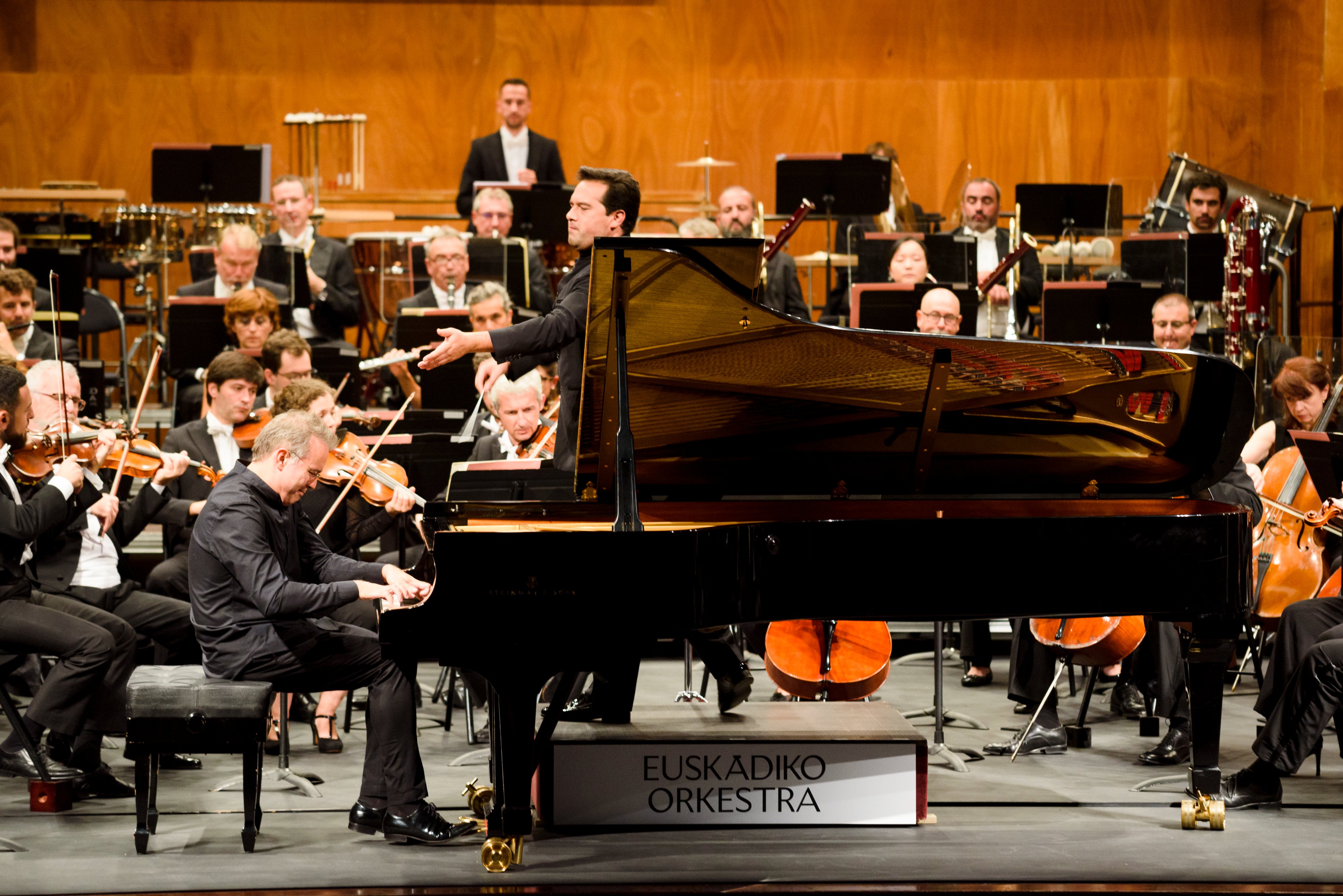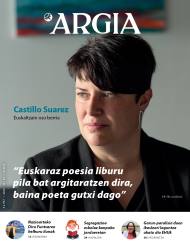Start season to Russian

Basque Orchestra.
Director: Robert Treviño.
Soloist: Alexei Volodin (piano).
Programme: Works of Falla and Shostakovich. Place: Main Theatre Vitoria.Fecha: 23 September.
Overcoming the tragedy is the motto of this new season for the Basque Orchestra, a season in which Russian music will play a certain role. As it shows, the first concert of the season brings together a Russian soloist and one of the great symphonies of Shostakovich, in a circular program.
This first edition of the compost concerts had the title of Tragedy, although its name only made sense with the second work that makes up the program. The work that opened the concert, Nights in the Gardens of Spain, by Manuel de Falla, is a work of an impressionist nature, full of memories, feelings and feelings associated with different places in Andalusia. So, a musical smell away from the feeling of tragedy. Debussy and Ravel premiered in 1919 and Russian pianist Alexei Volodin performed a very inspired interpretation in Vitoria. Perhaps this work was not better suited to the characteristics of this pianist, but the reading made by Volodin was very sensitive – at times, in my opinion, too sensitive – achieving an excellent technique and an excellent fusion with the orchestra.
We'd like to hear it in another kind of repertoire, like Rachmaninov, who is the reference interpreter of this composer. But we had to settle for Falla and a couple of tips from Chopin, showing the sound of the soloist.
Tragedy, beautiful and disturbing, op. by Dimitri Shostakovich do menor. He arrived with intense symphony 65, 8. It is one of the symphonies of war composed by the Russian musician, along with Symphony No. 7, which narrates the suffering and drama of the Russian people during the Second World War. This work premiered in 1948, amid a campaign of disrepute towards it, as it was considered an unintelligible work for the people and, therefore, supposedly alien to it.
Fortunately, since the 1960s it has been given value, and although it is not the most programmed Shostakovich symphony, it is one of the greatest symphonies of the twentieth century, expressive and full of emotions. Robert Treviño emphasized the expressive nuances of this work and achieved moments full of force, both in the first movement and in the magnificent Allegro non troppo of the third movement.












